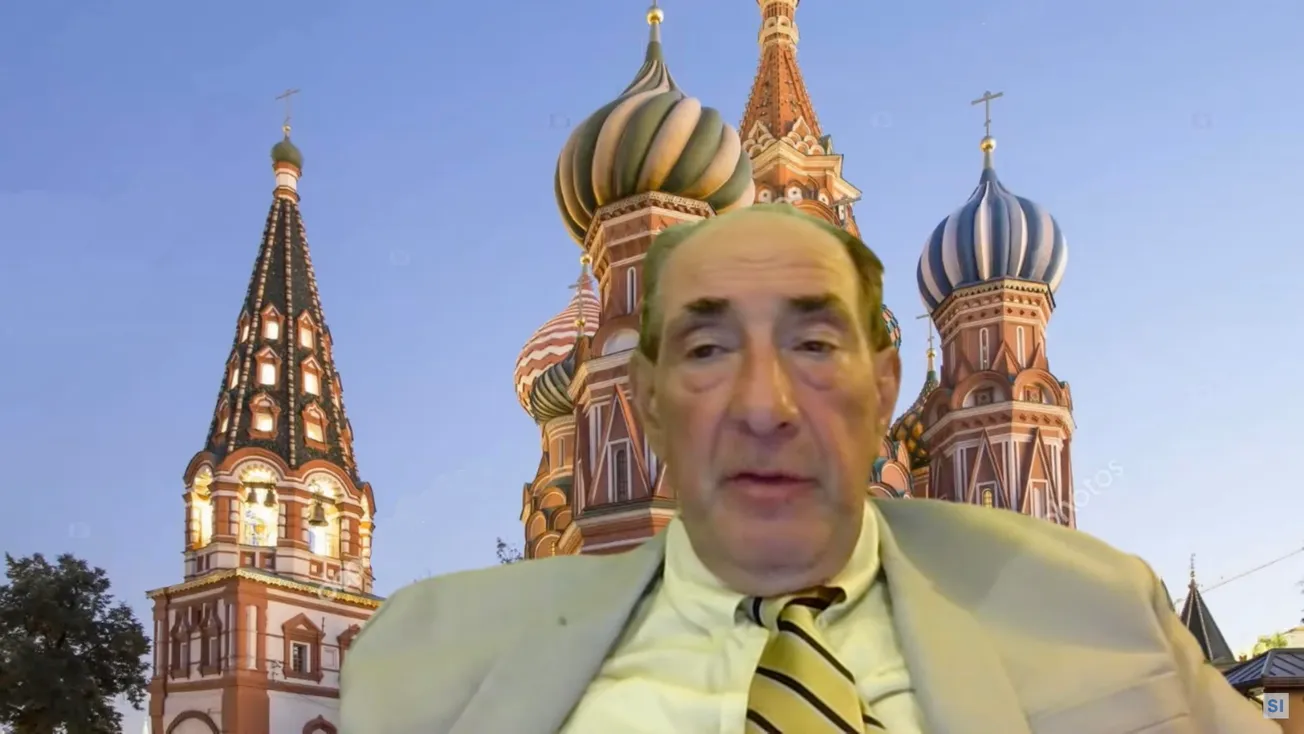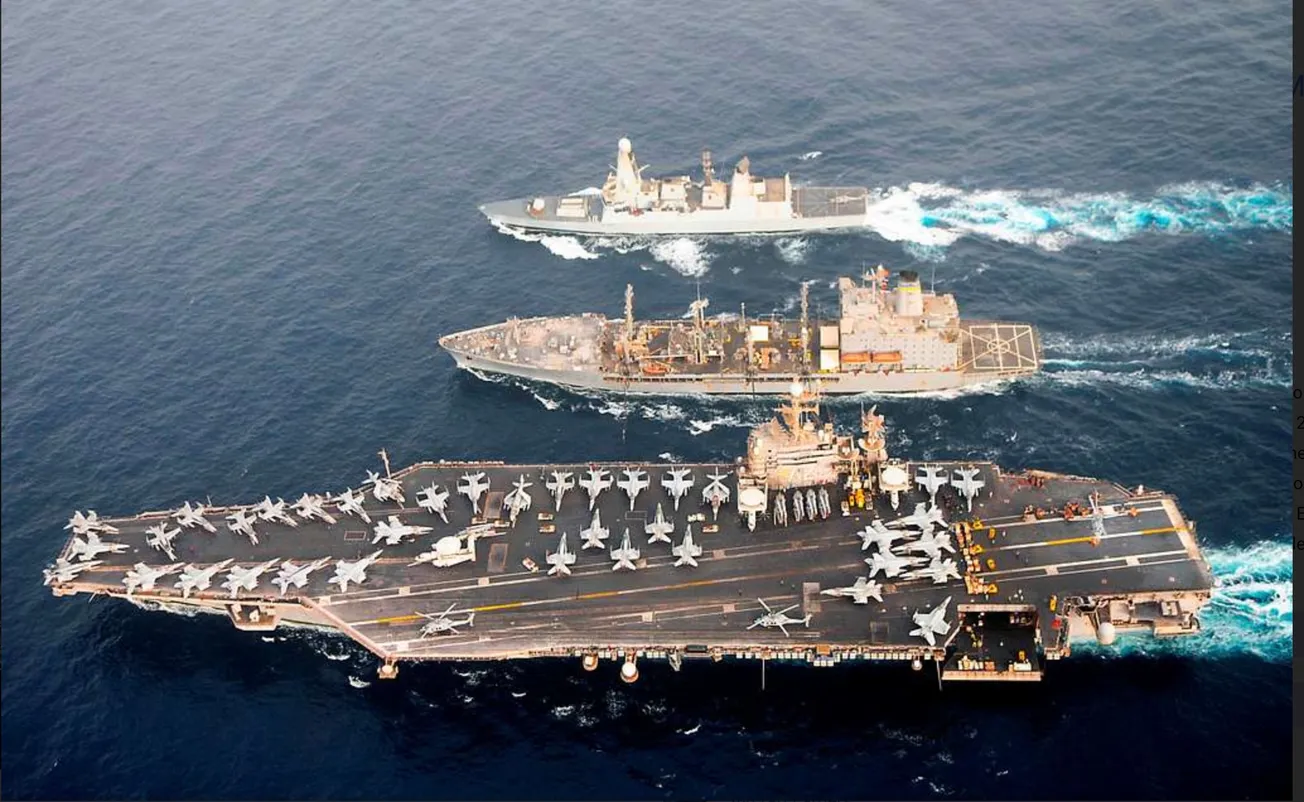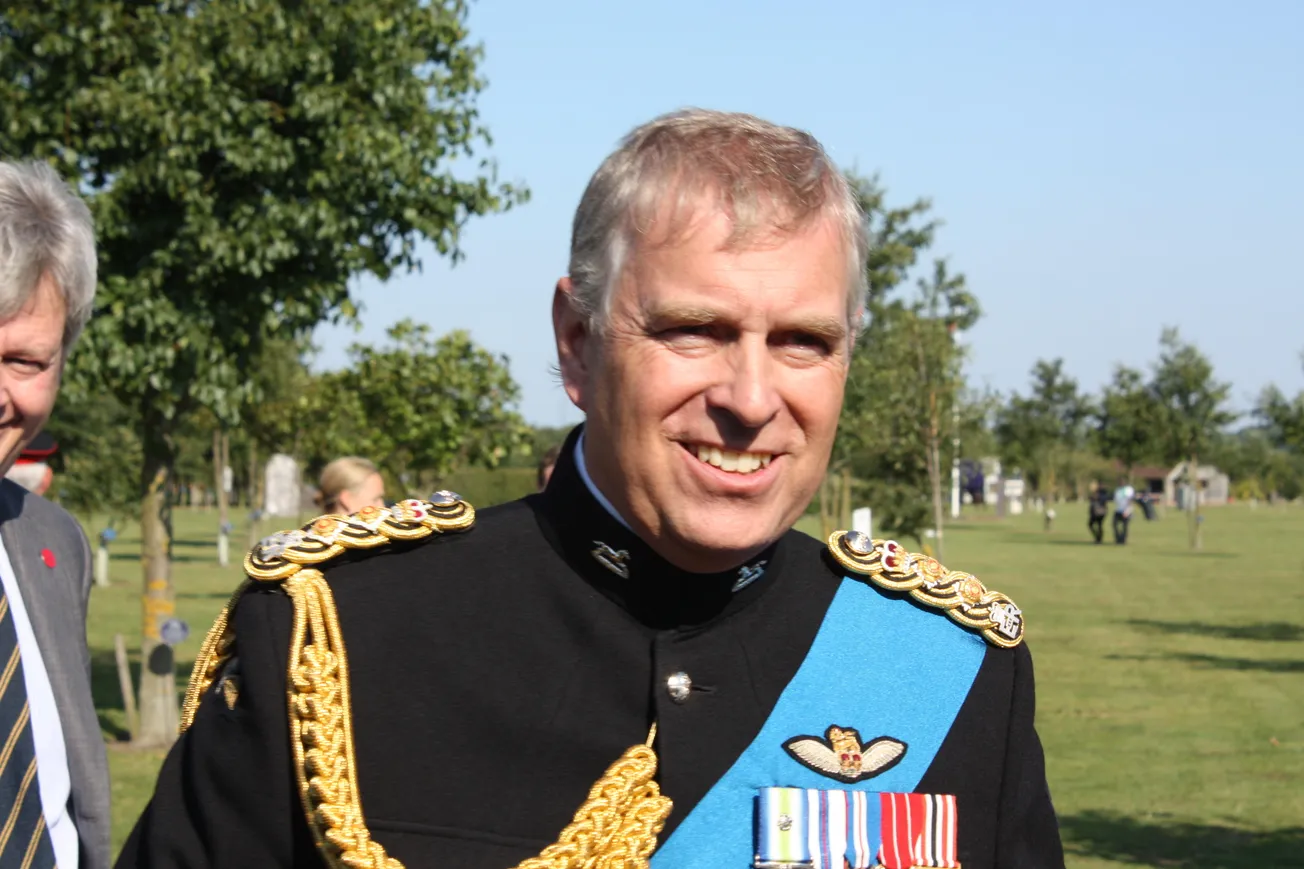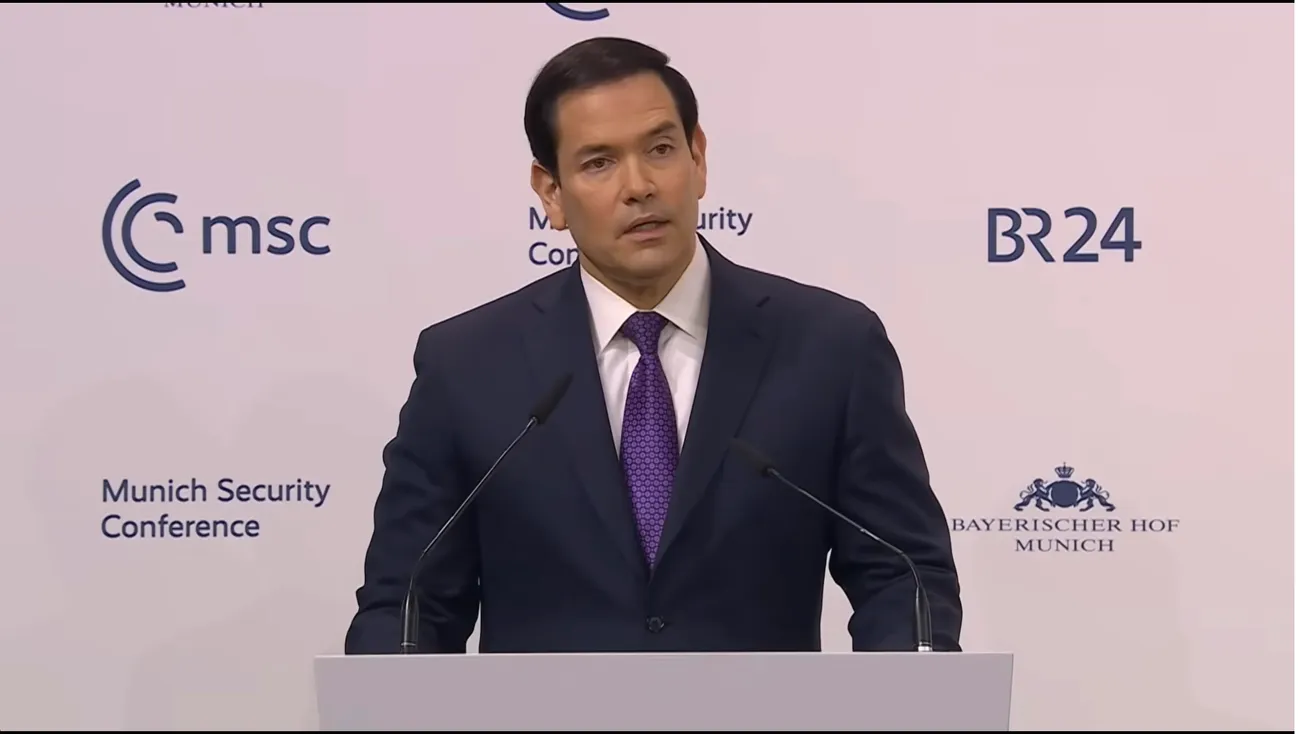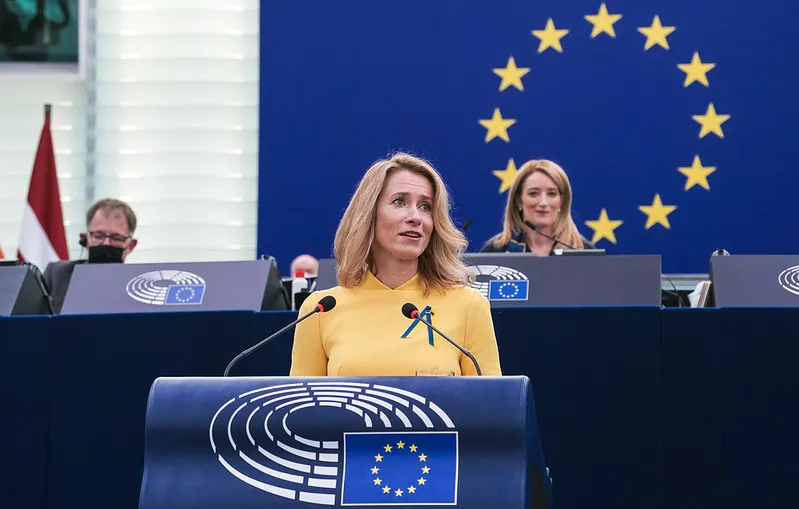Prof. Georgy Toloraya, head of the Center for Russia’s Strategy in Asia at the Institute of Economics of the Russian Academy of Sciences, gave an extensive interview to PrimaMedia news agency, on the sidelines of the Sept. 3-6 Eastern Economic Forum (EEF) in Vladivostok. Toloraya made a series of sharp and surprising points in the interview, as the late October BRICS Summit in Kazan, Russia, fast approaches.
Toloraya explained: 1) What the new global system—replacing the dying neo-liberal system—will look like is undecided, and substantial discussions are wholly lacking. He proposes that a “Council of Wise Men” be recruited from the BRICS+ to debate and formulate the new system. 2) The dialogue will be between two philosophical schools: the European-Russian school and the Chinese Confucian school. 3) Russia is European in philosophical outlook, “historically, morally, and mentally.” 4) “BRICS is an alliance of civilizations. And it is simply impossible to exclude Western civilization.” 5) “Thailand, Malaysia [and] Vietnam would be needed in BRICS as the most dynamic representatives of the ASEAN wing of the world.” 6) The unification of the two Koreas is impossible. They are now two distinct countries. Move from a cold war to a cold peace to good neighbors, perhaps over generations.
Toloraya’s emphatic point that Russia is a branch of European civilization reflects President Putin’s view, as expressed, for instance, during Putin’s directives to the senior Foreign Ministry staff on June 14, as reported in EIR: “it is crucial to recognize that the future security architecture should be open to all Eurasian countries that wish to participate in its creation. ‘For all’ includes European and NATO countries as well. We share the same continent, and we must live and work together regardless of the circumstances. Geography cannot be changed.”
Toloraya’s analysis contradicts the views of certain current Russian voices, such as that of Alexander Dugin with his geopolitical theory of a coming “great war of the continents,” and of Sergei Karaganov, in his call for Russia “to break the nuclear taboo” by the nuclear bombing of a city in the West.


